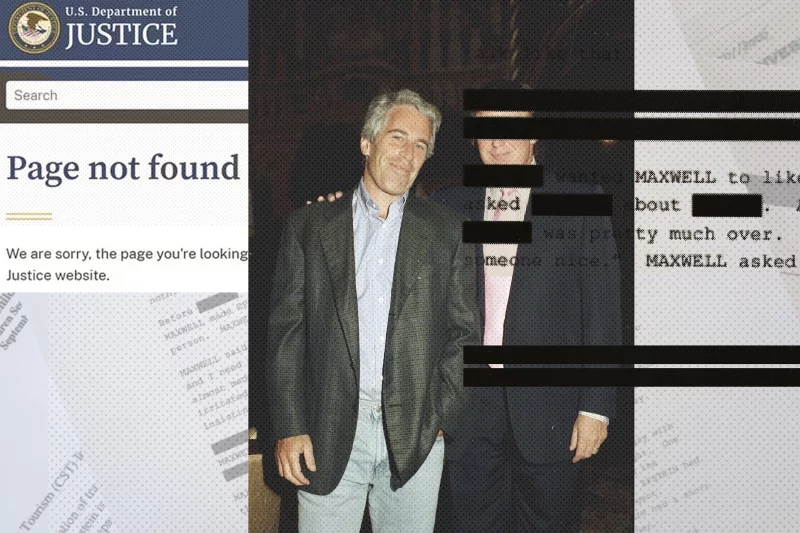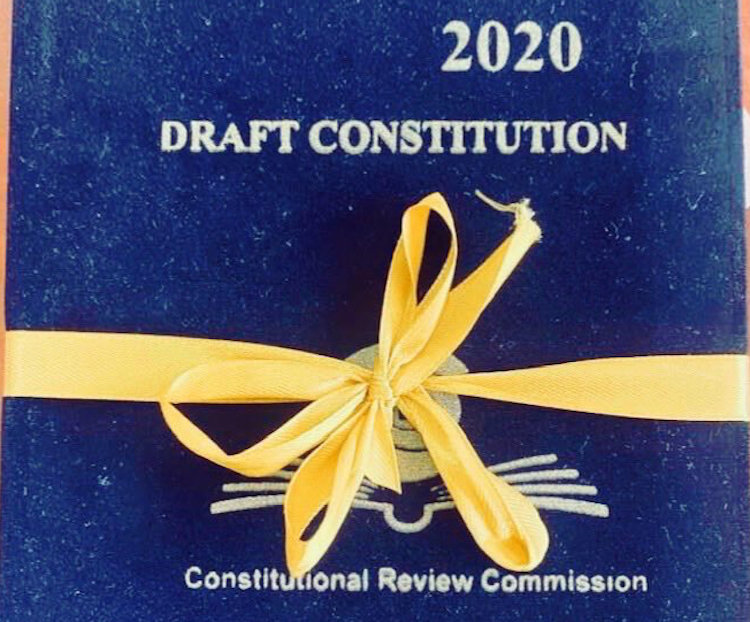Gambiaj.com – (BANJUL, The Gambia) – The Gambia’s Attorney General and Minister of Justice yesterday held a press conference to discuss the Cabinet Draft Constitution 2024, a document intended to guide the nation towards a more democratic future. However, the process leading up to the gazetting of this crucial document raises significant concerns that cannot be overlooked.
One of the most glaring issues is the lack of public scrutiny before the Constitution of the Republic of The Gambia (Promulgation) Bill, 2024 was gazetted. Why was the draft not submitted to the public for review before this critical step? The Justice Ministry’s decision to bypass this essential phase has now led to the discovery of several “shortcomings” in the draft, which the public is understandably concerned about.
It is clear that withholding the Cabinet draft from public review before gazetting was a procedural failure by the Ministry of Justice and those managing the process.
This oversight has prevented the process from benefiting from the valuable input that Gambians could have provided. Had the draft been subjected to public scrutiny earlier, the concerns now being raised could have been addressed, leading to a more refined and widely accepted document.
The Justice Minister’s remarks outline consultations with political parties and stakeholders. However, it is difficult to believe that these groups, after seeing the contents of the draft, would have overlooked the issues now highlighted by the public.
It seems more plausible that the Ministry, under significant pressure from both local and international participants, pushed forward with the draft, despite the lack of consensus among stakeholders.
In light of these developments, political parties, particularly the United Democratic Party (UDP) and the People’s Democratic Organisation for Independence and Socialism (PDOIS), may feel compelled to revisit their positions and offer further clarifications after the Minister’s statement.
The Ministry’s decision to finalize the draft without broad public consultation was a grave error. A nationwide consultation process should have been the final phase, ensuring that the document had the support of the people it is meant to serve. Instead, the Ministry opted to move forward without securing public buy-in, a choice that now threatens the credibility and acceptance of the draft.
It is crucial for the Ministry of Justice and its collaborators to acknowledge this misstep and take responsibility. They must demonstrate the courage and humility to return to the drawing board, engaging the public in a meaningful way before proceeding further. The success of The Gambia’s constitutional reform process depends on it.
In conclusion, the decision to sideline public input in the development of the Cabinet Draft Constitution 2024 was a significant oversight. It is time for those responsible to correct this error by involving the public in a thorough and transparent review process.
Only through such inclusive engagement can The Gambia hope to create a constitution that truly reflects the will of its people and secures the democratic future it deserves.










